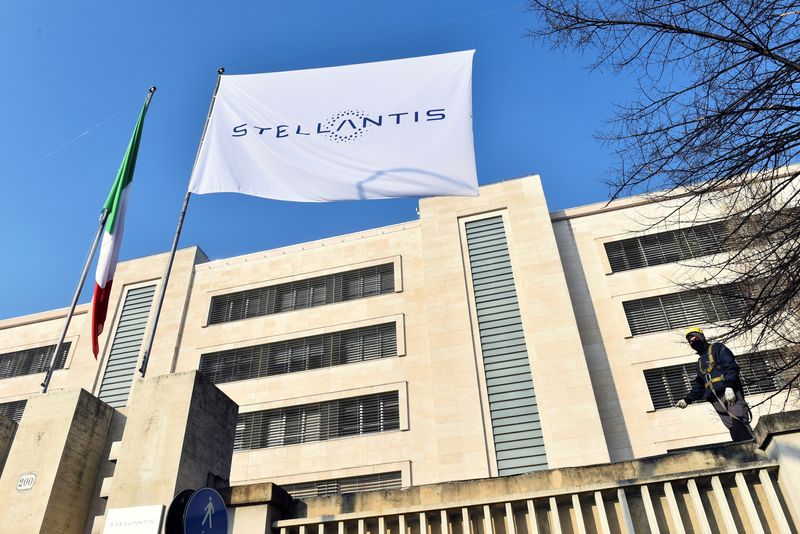This post was originally published on this site

The purchase also sets the stage for a planned joint venture between the two entities called Leapmotor International, a 51/49 Stellantis-led JV that has exclusive rights for the export and sale, as well as manufacturing, of Leapmotor products outside Greater China.
Analysts at Morgan Stanley have shared their preliminary insights on the agreement, suggesting that an increasing number of international OEMs might consider similar collaborations with Chinese electric vehicle makers.
They propose that such agreements could offer a broader range of offerings and a stronger foothold in the industry, particularly in the face of “rising protectionism”.
“Collaborations with Chinese brands could enhance the efficiency of their capital usage before next-gen products arrive,” write the analysts at Morgan Stanley.
“More importantly, such collaborations could effectively finance the development of China’s EV makers amid the straining liquidity,” they added.
Stellantis is hopeful the partnership with Leapmotor might give the multinational company a foothold in China, as the automaker has previously struggled to sell cars in the country. Management is also looking to leverage Leapmotor’s innovative and cost-efficient EV ecosystem to help meet core Dare Forward 2030 electrification targets.
Leapmotor hopes the deal will further boost the company’s sales in China as well as help to establish a global commercial presence, significantly accelerating the company’s brand sales in other regions.
Leapmotor shares fell 11% on Thursday on concerns about competition and the dilution of existing shareholdings, while shares of STLA dipped 1.8%.
The joint venture expects to begin shipments in the second half of 2024.

